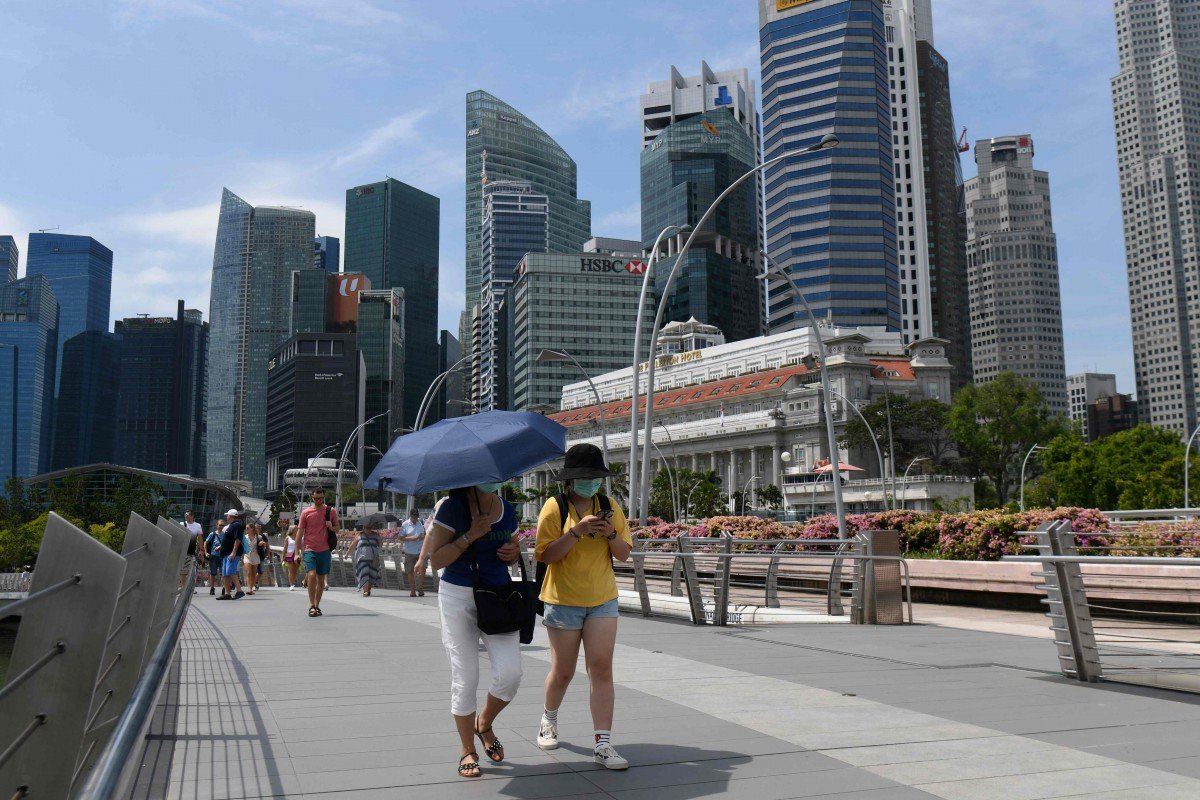Will Covid-19 Perish in Summer? Covid-19 may have a temperature sweet spot at which it spreads fastest but it may not react to heat the same way other pathogens do.
Covid-19 sensitivity to temperature
Coronavirus (Covid-19) sensitivity to temperature has many people looking at summers with high hopes as the outbreak continues to rage on. Recent studies, however, are not as optimistic.Research by a team from south Chinas Sun Yat-sen University, sought to determine how the spread of the virus might be affected by changes in season and temperature, according to a report in The South China Morning Post.
Temperature could significantly change Covid-19 transmission, it said. And there might be a best temperature for viral transmission.
This temperature sweet spot — an optimum level at which the outbreak spreads faster has given rise to assumptions that seasonal changes will curb the outbreak, the newspaper reported quoting the study.
The virus is highly sensitive to high temperature, which could prevent it from spreading in warmer countries, while the opposite appeared to be true in colder climes, the study said.
As a result, it suggested that countries and regions with a lower temperature adopt the strictest control measures.
Coronavirus highly sensitive to high temperatures, Chinese study says https://t.co/M0JF4WRmJE
— Milkonly220 (@milkonly220) March 8, 2020
The virus is highly sensitive to high temperature, which could prevent it from spreading in warmer countries, while the opposite appeared to be true in colder climes, the study said
Can we assume the epidemic would automatically subside in the summer
A separate study by a group of researchers from Harvards T.H. Chan School of Public Health, found that sustained transmission and rapid growth in infections was possible in a range of humidity conditions from cold and dry provinces in China to tropical locations.
Weather alone, [such as an] increase of temperature and humidity as the spring and summer months arrive in the Northern Hemisphere, will not necessarily lead to declines in case counts without the implementation of extensive public health interventions, said the study, which was published in February.
Both the studies, however, are yet to be peer-reviewed.
The Guangzhou team based their findings on every confirmed coronavirus case worldwide between January 20 and February 4. These were then studied against official meteorological data for January from across China and the capital cities of each country hit by the outbreak.
Temperature has an impact on peoples living environments [it] could play a significant role in public health in terms of epidemic development and control, the study said.
Mike Ryan, executive director of the WHOs health emergencies programme, is among a host of experts who urged people not to assume the epidemic would automatically subside in the summer.
We have to assume the virus will continue to have the capacity to spread, he said.
The studies, and the comments come in the wake of governments across the world pegging their hopes on warmer temperatures to stop the rapid spread of the virus.






